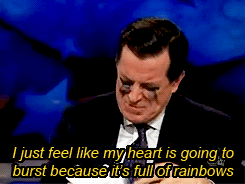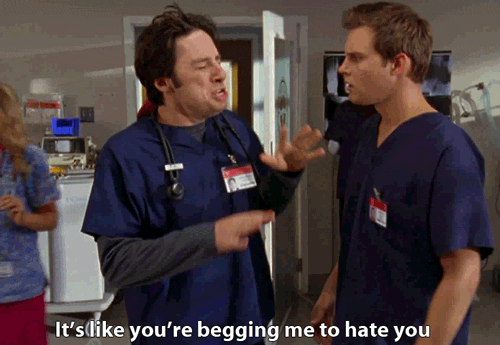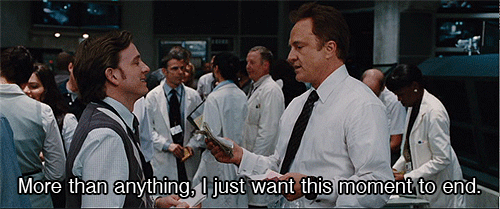NASA is currently accepting applications for a new class of astronauts at the Johnson Space Center in Houston, TX. Giving a glimpse into the NASA life, current astronaut Stan Love shares some advice for applicants.
Most surprising for me? How much of Love’s advice could be applied to writers.
I know. Usually when we talk about STEM (science/technology/engineering/math) careers, they’re at the opposite end of careers in the arts. STEM careers are stable, money-makers. Arts careers are an unstable crapshoot.
But Love’s description of life as an astronaut suggests that the two career paths are way more common than you’d suspect. He talks about the ups and downs of having one of the coolest jobs ever:
“It’s hands down the coolest job on or off the planet…The cherry on top is actually strapping into a rocket and blasting off to orbit around Earth (or, starting in a few years with Exploration Mission-2, the moon). You’ll float peacefully in weightlessness and gaze out the window as our amazing planet rolls by underneath you at 25 times the speed of sound.
Unfortunately, most of an astronaut’s time isn’t spent in space. It’s spent working at NASA’s Johnson Space Center in Houston, Texas…At my house, an astronaut takes the trash out to the curb every Tuesday morning.”
I don’t know much about being an astronaut, but that totally reminds me of being a writer. Writing is awesome–nothing beats being totally immersed in a story, understanding the characters and their motivation and riding along with the plot.
But that’s not most of writing. Sometimes it’s you, staring at your computer, writing a sentence and deleting it, or deciding that the last chapter isn’t going to work. It’s finishing a draft and going back to revise it for the fifth time. It’s querying and going on sub and getting rejected and getting bad reviews. It’s balancing your writing with your family and friends and other jobs and that laundry that somehow hasn’t learned to do itself.
Come on, you think. Anyone with a STEM background automatically gets a great job! What does someone at NASA know about rejection? Um, a lot, it turns out:
“In our last selection in 2013, we had more than 6,000 serious applicants. We hired eight of them. That’s just slightly better than one-in-a-thousand odds…I started sending in applications – and updating them regularly – in 1991. I did that seven times in all. I got an interview (an exciting milestone, since it means you’ve made the short list) in 1994. I interviewed three times before finally getting hired in 1998. I like to joke that I didn’t so much impress the Astronaut Selection Board as wear them down.”
Kind of like the querying/submission process, right? One rejection doesn’t mean you’re not a worthwhile candidate or that your career is over. It means maybe not right now. It means keep trying.
Love also talks about managing expectations with regard to the application process, rejection, and not framing your life around trying to game the system:
I met some folks who had dedicated their whole lives to becoming astronauts. They learned to fly, not because they love airplanes, but because they heard that the Astronaut Selection Board likes pilots. They learned to scuba dive, not because they love the sea, but because they heard that the board likes scuba divers. I observed folks doing these things, and then not getting selected (the likeliest outcome), and then becoming very, very bitter and disappointed people.
I didn’t want to follow their example, and I recommend that you don’t either. Instead, just do what you love doing.
I was drawing pictures of airplanes and spaceships in first grade, so when I had the chance to earn a pilot’s license, or take elective courses in aerospace engineering…or take a job as an engineer working on spacecraft optical instruments at NASA’s Jet Propulsion Laboratory, I jumped on it. And I had a blast.
Now, all of those things were also good for applying to be an astronaut, so I went ahead and included them on my applications. But because I was doing what I loved, I would have been perfectly happy where I was—even if I hadn’t been picked as an astronaut.

Space weather forecast from @ISS: Moonless with a chance of #Perseid meteors! – photo by Astronaut Scott Kelly
There’s no way to know what a publisher will like, what kind of book is going to be the next major bestseller, or what kind of book will be in print for the next fifty years. You can try to write a book that you think has all the elements of being a bestseller (vampire dystopian quirky romance!), but there’s no way it’s going to resonate with anyone if you don’t write it out of pure love. Sometimes the story you love is also the story that’ll sell a gajillion copies and get you a castle next to JK Rowling’s. If that’s the case, awesome. But you get there because you’re writing the story of your heart, not because you’re writing the story you think will sell.
For artists and for astronauts, you have to deal with a lot of rejection. Maybe someday you’ll see your book on a shelf or see the Earth from orbit. Maybe not. But the work you do should be what propels you forward–even when it’s not fun and when it really feels like work. Because when you put yourself and your passion in your work, that comes through to editors and to the Astronaut Selection Board.
I get super motion sick, so I won’t be applying to the astronaut class anytime soon. But I’m glad to take a little astronaut advice into my writing life as we all explore new worlds.


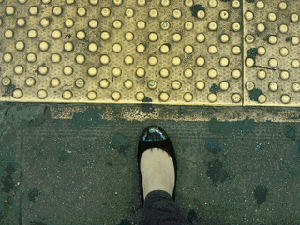

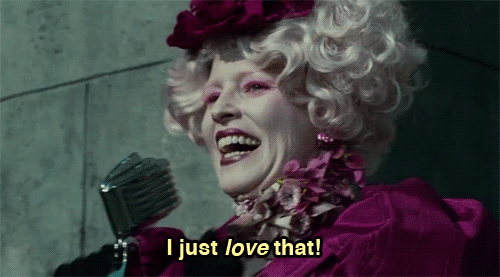



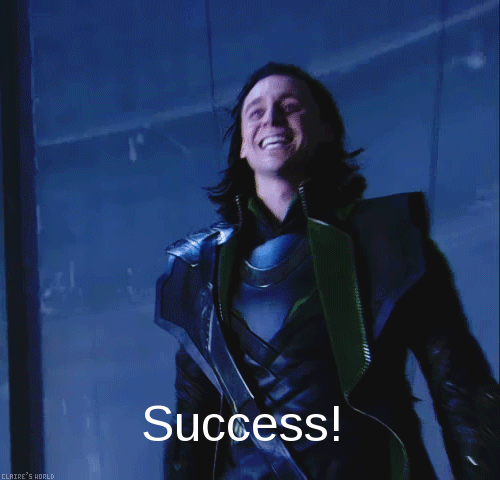 Thank you to all my followers and readers for helping me get to this point. I know at least some of you aren’t spam-bots, and I’ve really appreciated your likes and comments. You guys are the best!
Thank you to all my followers and readers for helping me get to this point. I know at least some of you aren’t spam-bots, and I’ve really appreciated your likes and comments. You guys are the best!